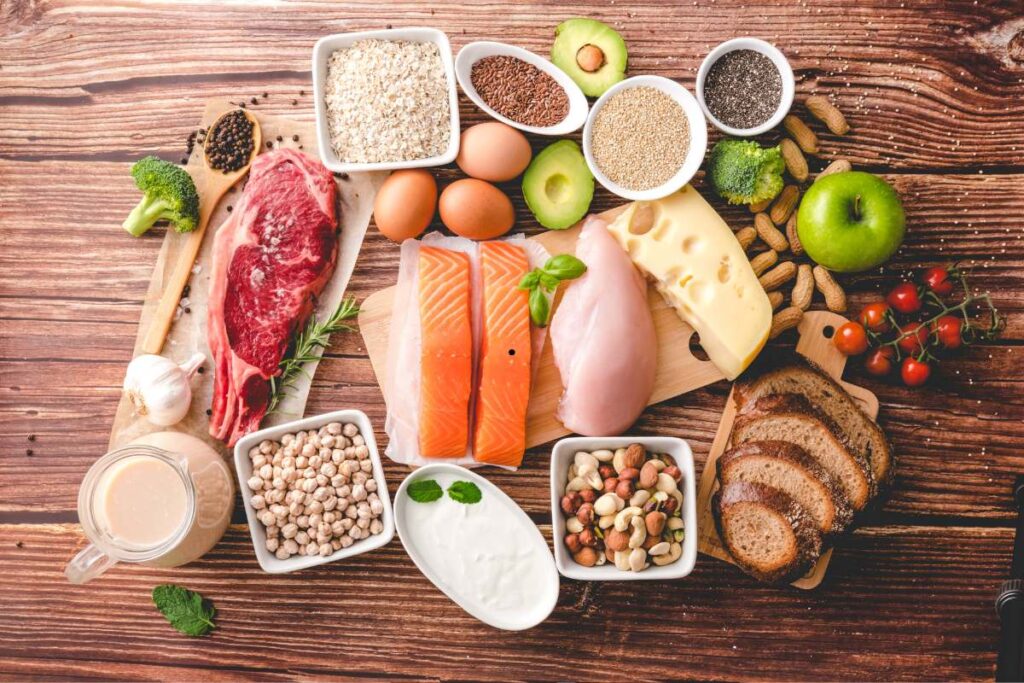Passion fruit is not particularly high in protein or fat compared to other foods, but it does contain small amounts of both. Here’s a breakdown of the protein and fat content in passion fruit:
Protein Content:
- Passion fruit contains approximately 2 grams of protein per 100 grams of edible portion.
- While passion fruit is not a significant source of protein, it does contribute some protein to the diet.
- Protein in passion fruit consists of various amino acids, which are the building blocks of protein and essential for various physiological functions in the body.
Fat Content:
- Passion fruit contains very little fat, with less than 1 gram of fat per 100 grams of edible portion.
- The fat content in passion fruit is primarily unsaturated fat, including small amounts of monounsaturated and polyunsaturated fats.
- The fat content in passion fruit contributes to its overall energy content but is relatively low compared to other sources of dietary fat.
Conclusion:
While passion fruit is not a significant source of protein or fat, it does provide small amounts of both nutrients as part of a balanced diet. The primary nutritional benefits of passion fruit come from its high content of dietary fiber, vitamins (such as vitamin C and vitamin A), minerals (such as potassium and magnesium), and antioxidants. Including passion fruit as part of a varied and balanced diet can contribute to overall nutritional intake and provide various health benefits.
